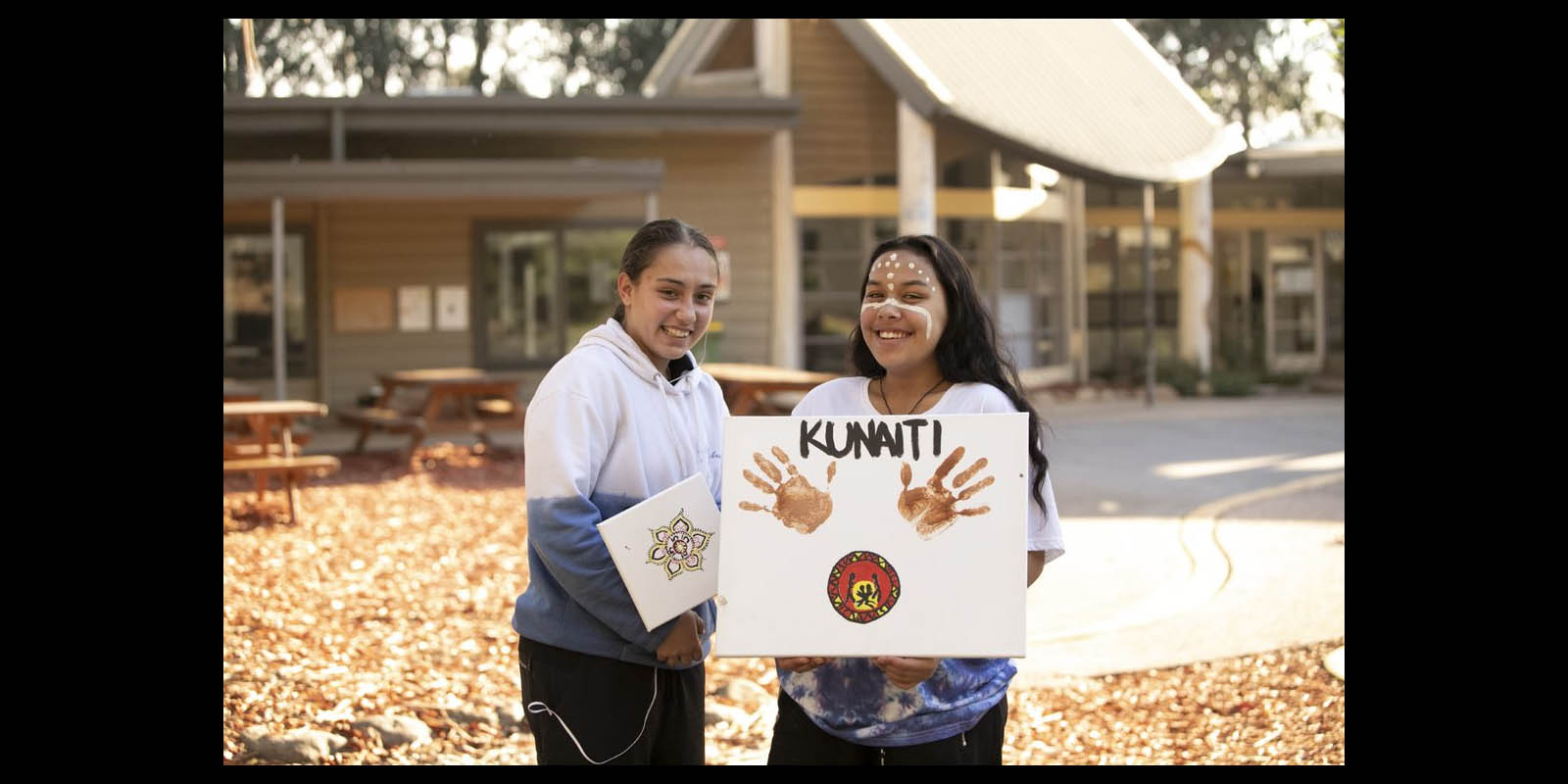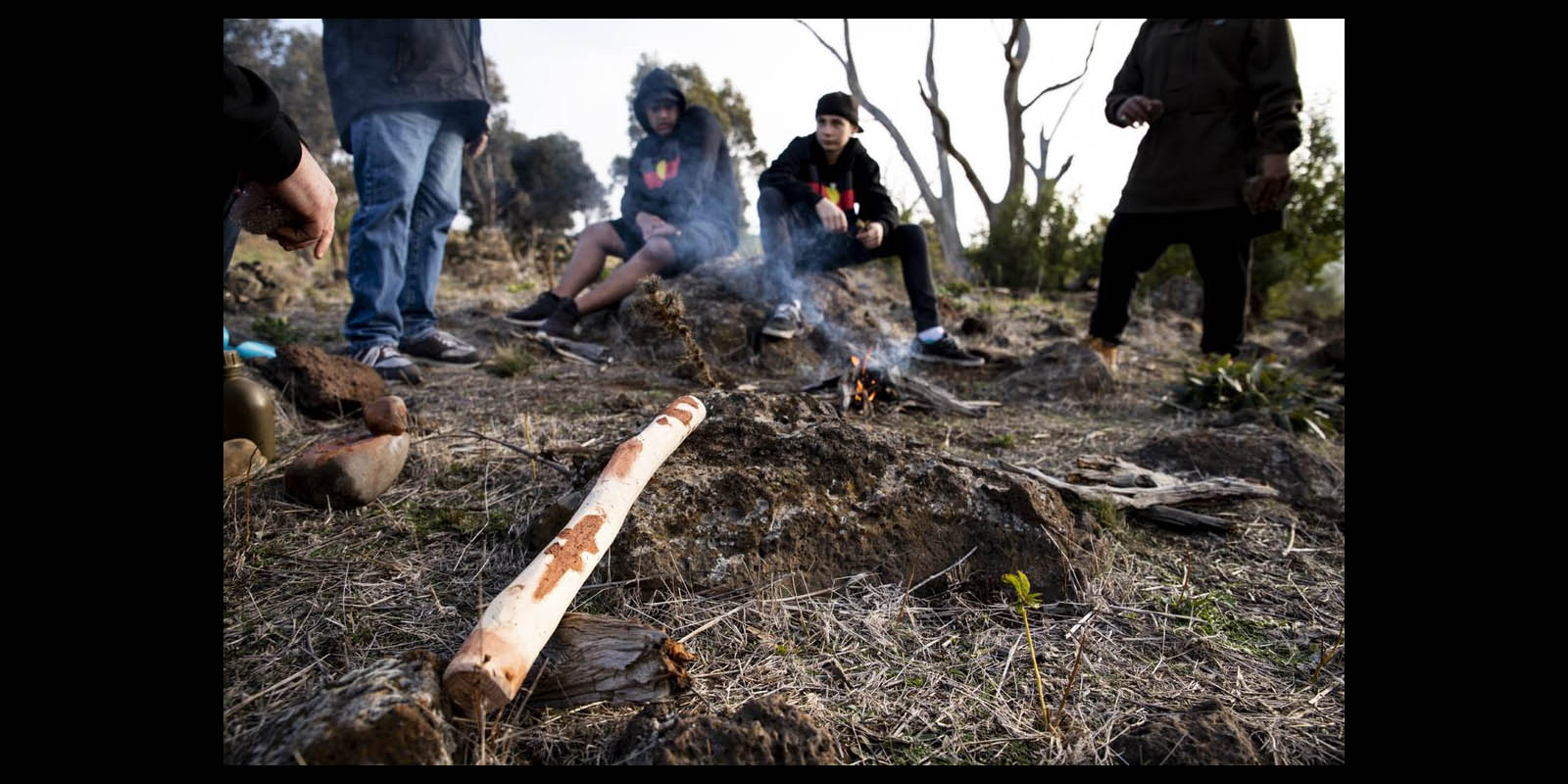A right is a freedom or entitlement that society believes every person deserves and should not be taken away.
There are several kinds of rights and these are outlined in documents by the United Nations. As Aboriginal and Torres Strait Islander children and young people there are three sets of rights that apply to you – human rights, the rights of the child and the rights of Indigenous people.
If you feel your rights are being violated its best to speak to someone you trust who can help you to fix these issues.
Your Human Rights
Human rights apply to all people regardless of race, gender, ethnicity, religion, or any other status. These rights include the right to freedom and liberty, freedom from slavery and the right to education.
The Universal Declaration of Human Rights (UDHR) is a very important document. It was drafted by representatives from all over the world with a variety of backgrounds and was proclaimed by the United Nations General Assembly in Paris on the 10th of December 1948.
The document sets out the fundamental rights that are to be universally protected.
You can read the rights set out in the UDHR here.


Your rights as a child
In 1990 Australia signed an international agreement – the United Nations Convention on the Rights of the Child. This document outlines the rights specific to children and young people under the age of 18 and the Australian government is bound by this document to ensure that no child or young person’s rights are violated.
Children and young people receive the same general human rights as adults but thanks to the Convention on the Rights of the Child you also have rights that recognise your specific needs as a child or young person.
These rights are important and there are many different reasons for having a separate convention including:
- Children and young people are an individual - not the property of your parents or the state and so you deserve to be recognised as an equal member of society.
- Almost every area of government policy effects children and young people yet your voices are rarely heard.
- The future of our society is tied to the healthy development of children and young people.
You can read the child-friendly Convention on the Rights of the Child here.
Your rights as an Indigenous person
The United Nations Declaration on the Rights of Indigenous Peoples (UNDRIP) was adopted on the 13th September 2007 by the General Assembly of the United Nations and is the most comprehensive document on the rights of Indigenous people in the world. Indigenous peoples also had the opportunity to be involved in the drafting of this declaration!
UNDRIP sets out the universal rights of Indigenous people all over the world, including Aboriginal and Torres Strait Islander mob in Australia. It elaborates on existing rights and ensures a cultural lens on how the rights apply to us. Some of the rights outlined in UNDRIP include, the right to not to be forced into assimilation, the right to not be forced from our lands and the right to practice culture.
You can read the United Nations Declaration on the Rights of Indigenous Peoples here.


Sources
- Human Rights, United Nations
- Convention on the Rights of the Child, UNICEF
- Rights of the Child, SNAICC
- United Nations Declaration on the Rights of Indigenous Peoples, United Nations
-
Convention on the Rights of the Child
Discover the child-friendly version of the Convention on the Rights of the Child.Download
-
United Nations Declaration on the Rights of Indigenous Peoples
Resolution adopted by the General Assembly on 13 September 2007Download
